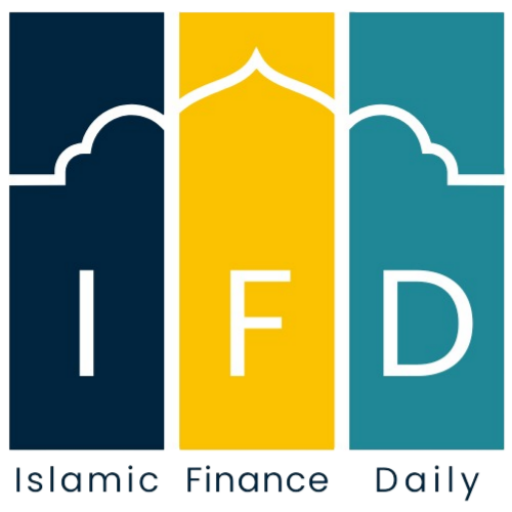Table of Contents
ToggleIntroduction
Musharaka, derived from the Arabic word “sharika,” meaning partnership, is a fundamental concept in Islamic finance. It refers to a joint enterprise where all partners contribute capital and share profits and losses according to pre-agreed ratios. Unlike conventional financing models that rely heavily on debt and interest (riba), Musharaka emphasizes risk-sharing, ethical investments, and equity participation, aligning with the core principles of Shariah law.
Understanding the Concept of Musharaka
Musharaka is a partnership arrangement where two or more parties come together to invest in a business venture. Each partner contributes capital, either in cash or kind, and actively participates in the management or supervises the business activities. The profits are shared as per the agreed ratio, but losses are distributed strictly in proportion to the capital contribution.
This structure promotes transparency, fairness, and mutual cooperation, fostering a healthy business environment. Musharaka can be permanent or diminishing, depending on the nature of the agreement between the parties.
Types of Musharaka
1. Permanent Musharaka: This is an ongoing partnership without a specific end date. The partners continue their investment in the business, sharing profits and losses indefinitely unless one partner decides to exit.
2. Diminishing Musharaka: In this model, one partner gradually buys out the other partner’s share until full ownership is achieved. This is commonly used in home financing, where the financial institution and the client co-own the property, and the client gradually purchases the bank’s share over time.
Key Features of Musharaka
- Risk Sharing: Both profits and losses are shared among partners, promoting a balanced risk distribution.
- Equity-Based Financing: Capital contributions are made by all partners, fostering a sense of ownership and accountability.
- Active Participation: Partners are involved in the management or oversight of the business, ensuring transparency and ethical operations.
- Shariah Compliance: The model avoids interest-based transactions, adhering strictly to Islamic principles.
Practical Examples of Musharaka
Real Estate Development: In many Islamic countries, real estate projects are financed through Musharaka agreements. For instance, a developer and an investor might enter into a partnership where the investor provides the capital, and the developer manages the project. Profits from the sale or rental of the property are shared as per the agreed ratio.
Business Ventures: Consider a scenario where two entrepreneurs start a retail business. One provides the capital, while the other offers expertise and management skills. They agree to share profits in a 60:40 ratio, while losses will be borne in proportion to their capital contributions.
Islamic Banking: Some Islamic banks offer Musharaka-based financing for small and medium enterprises (SMEs). The bank and the entrepreneur jointly invest in the business, with profits shared as agreed and losses distributed based on capital input.
Advantages of Musharaka
- Promotes Ethical Investments: Ensures funds are used in Shariah-compliant activities.
- Encourages Entrepreneurship: Provides a financing option for businesses without relying on debt.
- Enhances Financial Inclusion: Supports SMEs and individuals who may not qualify for traditional loans.
- Fosters Trust and Cooperation: Partnership structure encourages transparency and mutual respect.
Challenges of Musharaka
- Management Disputes: Differences in management style or decision-making can lead to conflicts.
- Monitoring Difficulties: Ensuring proper oversight in larger partnerships can be challenging.
- Profit Calculation Complexities: Determining accurate profit distribution requires robust accounting practices.
Musharaka vs. Conventional Partnerships
| Aspect | Musharaka | Conventional Partnerships |
|---|---|---|
| Basis | Shariah principles | Legal framework of respective country |
| Profit Sharing | Agreed ratio, not tied to capital | Often proportional to capital |
| Loss Sharing | Based on capital contribution | Flexible, as per agreement |
| Interest (Riba) | Prohibited | May involve interest-based financing |
| Ethical Constraints | Must comply with Islamic ethics | No specific ethical constraints |
Conclusion
Musharaka represents a cornerstone of Islamic finance, embodying principles of equity, transparency, and ethical investment. By emphasizing risk-sharing and mutual cooperation, it offers a sustainable and Shariah-compliant alternative to conventional interest-based financing. While it comes with its own set of challenges, its benefits in promoting ethical business practices, financial inclusion, and entrepreneurship make it a valuable tool in both Islamic and global financial systems. Real-world applications in real estate, business ventures, and Islamic banking showcase its versatility and effectiveness in fostering economic growth.



